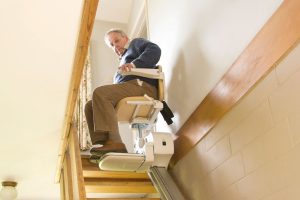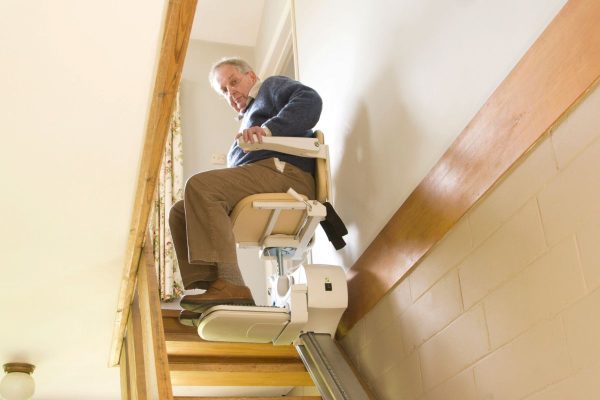You would probably need to be a total recluse, on the island of Nowifi to have not heard about the care crisis within the NHS and Social Care, particularly with regards to the issues with hospital discharge.
The problem
We all see the news articles, documentaries and social media posts about bed blocking, ambulances queuing at Emergency Departments and people waiting for hours on trolleys.
The reason given is that there are too many people, who are clinically fit for discharge, who are not being discharged, hence the rather blunt term “bed blocking”.
But is discharging someone from Hospital really that complicated? And why are there so many, particularly older people, remaining on a ward when their recovery, health and well-being could be improved if they were able to go home?
The procedure
First of all, every hospital has its own Discharge Policy and you can get a copy of this by contacting the Patient Advice and Liaison Service, PALS for short.
Essentially, when your clinician deems you are now “medically fit” for discharge, the process can begin.
Many discharges are “minimal” which means you’ll need little or no care.
Some discharges are termed as “complex” meaning you will need complex/extra care once you have been discharged – and here is where the issues start.
Assessment
In an ideal world, it is your hospital discharge assessment which identifies if you have ongoing care needs, whether you will require an assessment of those needs and what health and social support is needed once you leave hospital.
Who sorts out this process? It could be the hospital nurse, a social worker or even your own GP and although your own hospital’s policy should set this out clearly, it can lead to patients and their families feeling frustrated and confused.
You might require further assessment in your own home (known as Discharge To Assess or D2A) or your care needs might be better met in a care home.
These decisions are made with input from yourself and your family (with your consent) ,your social worker, GP and healthcare staff. This can result in another area for miscommunication and confusion especially when key people are not available. Together you will develop a “Care Plan” to facilitate a safe discharge and meet your needs post discharge.
The next step is identifying who will pay for the care support you will require.
The NHS through Continuing Health Care? The Local Authority following an Adult Social Care Needs Financial Assessment? You or your family?
Then add to that what is probably the biggest stumbling block – there is very little available care!
Carer shortage
In a nutshell, there is a care staff shortage, the reasons are complex and many but the upshot is finding a care package is time consuming and can be a nightmare! The Local Authority often has a list of preferred providers which may limit the carer resources even further and there is no one data base for residential/care home vacancies so this requires a lot of time and effort to find just one vacancy.
And while all of this is going on, the patient stays in hospital because, quite rightly, the hospital will not support an unsafe discharge.
The answer
So to answer the question “Is hospital discharge really that complicated?” I would say, in many cases, a big fat YES.
But it needn’t be that way!

Ever since I first started working in the Health & Social Care sector in 1991, one of the most important issues has been around Health (NHS) & Social Care (Local Authority Social Care) working together, talking to each other, working as one. This has not happened in over 30 years! Efforts have been made but the crux of the matter is that both Health & Social Care struggle financially and are underfunded. Therefore they wrangle over who is footing the care bill and their patients and service users fall through the cracks, remaining in hospital beds for far longer than they need to.
Hopefully they will resolve these issues and soon.
In the meantime if you would like to discuss any aspects of yours or a loved ones hospital discharge, please contact me on 0116 2404 976 for a FREE, no obligation 20 minute chat or email me at [email protected].
All the best,
Michaela






